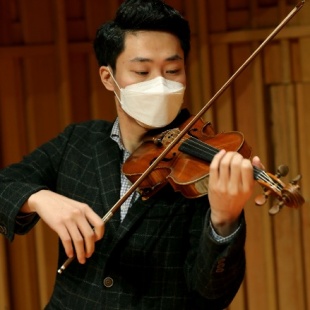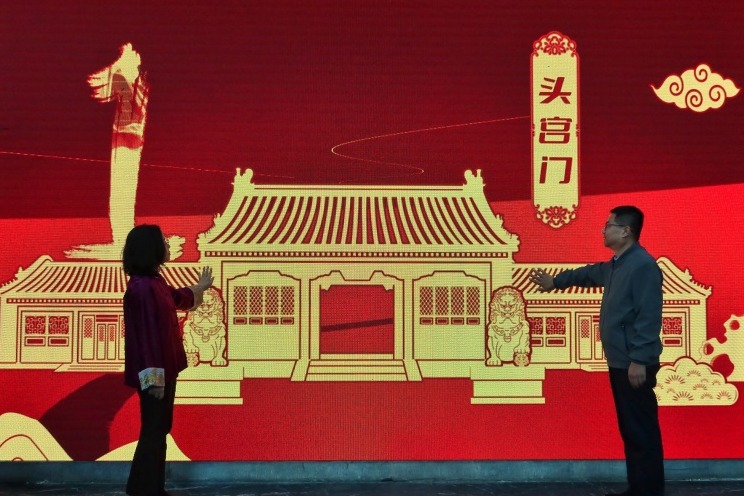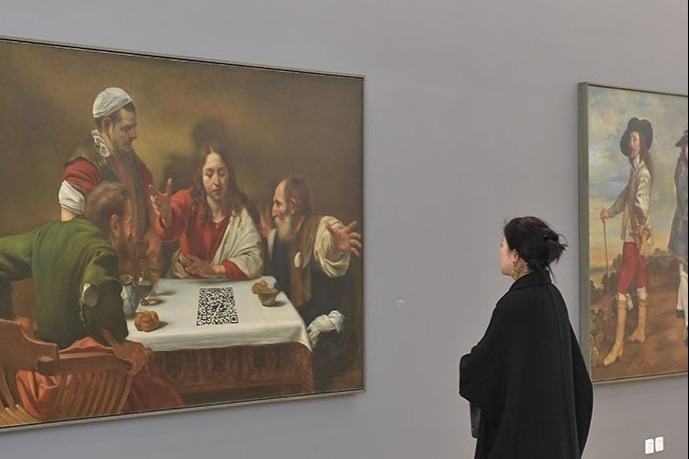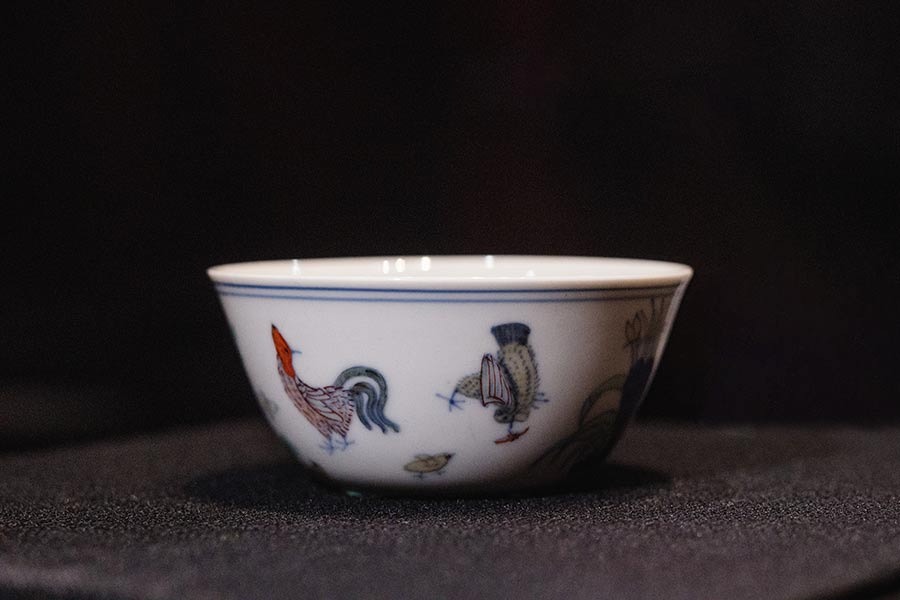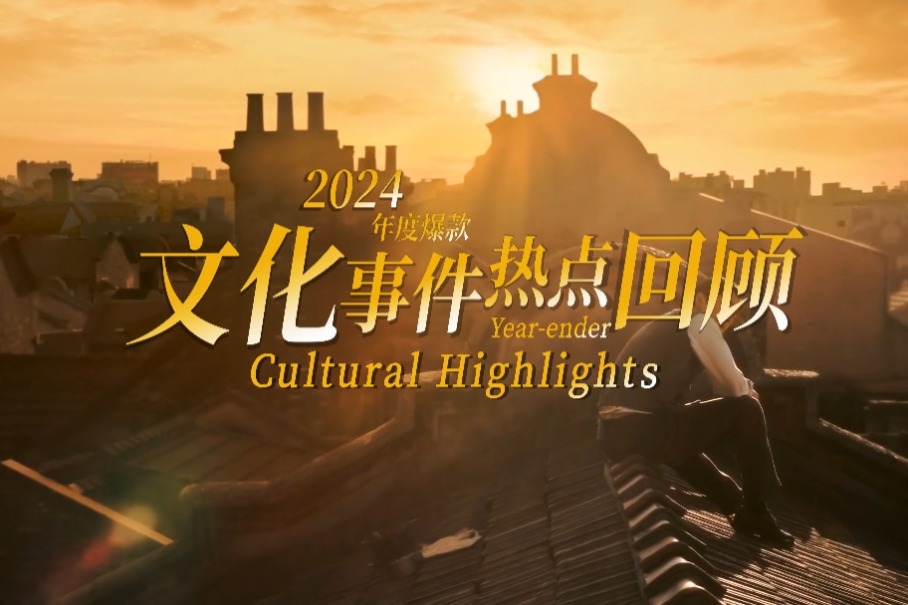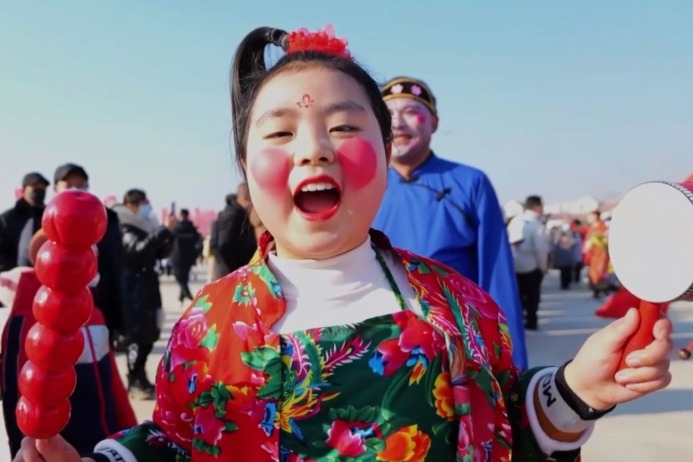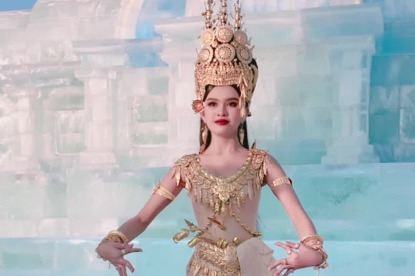Viewers drawn to concerts in cyberspace

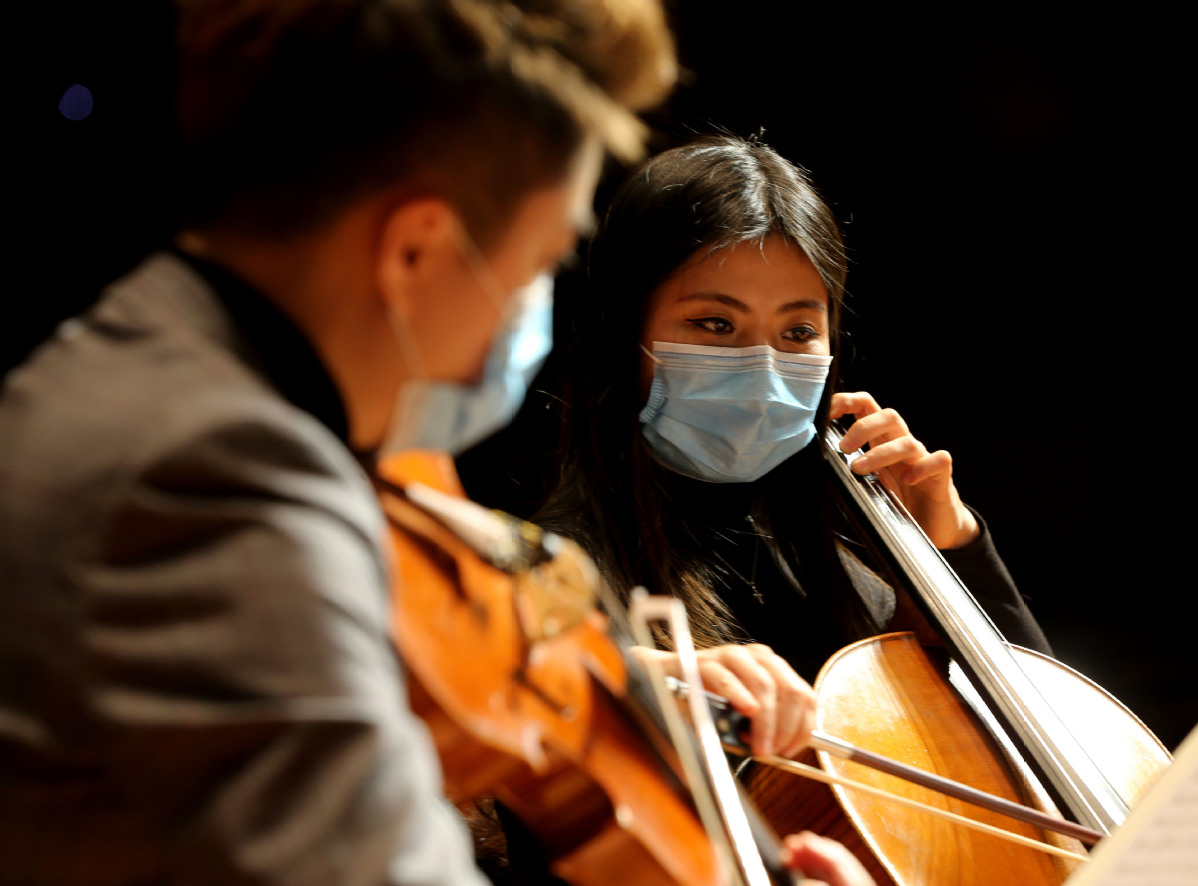
Home performers
One of the first Chinese orchestras to perform classical music on the internet was the Beijing Symphony Orchestra.
In a recording released on Feb 5, its musicians played English composer Edward Elgar's piece Salut d'Amour from their homes on the Chinese mainland and in Taiwan, under the baton of principal resident conductor Li Biao.
"It was the first time that our musicians had recorded a piece in this way," Li said. "We want to keep in touch with audiences through online performances, which seems to be the only possible way to share music right now."
Founded in 1977, the orchestra has canceled or postponed all its performances since January, including its opening concert for the 2020 season. The performance, scheduled for Feb 22 at the National Center for the Performing Arts in Beijing, was due to feature four guest performers from the Berlin Philharmonic Orchestra, including violinist Alessandro Cappone.
In December, Li, who has had a successful career as a conductor and percussion soloist, was appointed chief conductor of the Beijing Symphony Orchestra.
He said:"Plans have been disrupted, but what we can do is engage our audiences with music as much as possible. Online performances may not be perfect in terms of the sound and visual effects, but they are a solution for both musicians and music lovers."
Li invited his longtime friend, German composer Enjott Schneider, to write a new piece, Wuhan 2020, to be premiered by the Beijing Symphony Orchestra at its first concert after the outbreak ends. Wuhan, capital of Hubei province, was the epicenter of the outbreak in China.
The 10-minute piece portrays emotions triggered by the virus, such as fear, depression, confidence and courage. It took Schneider just two days to complete.
Li said:"I've been friends with the composer for over 20 years. As musicians, we wanted to do something for people who are struggling with the virus. We discussed the theme of the piece together-he is a very productive composer."
Schneider said: "I dedicated the piece to the brave people of Wuhan, who have experienced much suffering. But they had the courage to fight and defeat the virus. My composition describes the danger of the virus, the determination and strategies. In the end, there is hope of building a better world."
He added that such a timeless and universal theme has been well portrayed by composers such as Beethoven.
Schneider has composed hundreds of film scores and has been president of the German Composers Association since 2013.
Katherine Chu, executive director of the Suzhou Symphony Orchestra, which is based in Suzhou, Jiangsu province, said:"I think the virus has had a big impact on the classical music market. Classical music is an art form that requires sharing, but the electricity that a listener can get in the live concert hall simply cannot be reproduced at home, online, or in any digital format.
"There is nothing like a live experience in a concert hall. The energy, dynamism, dialogue and electricity between the performers and the audience are possible only in the concert hall.
"Online events are a great way to ensure that people still have access to music and for them to keep safe. But they can never be a substitute for the concert-going experience."


